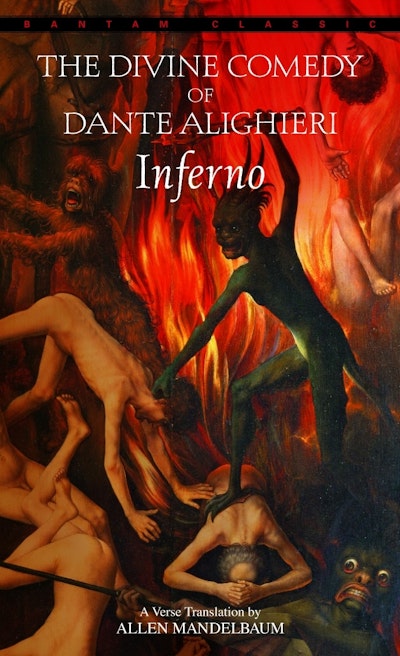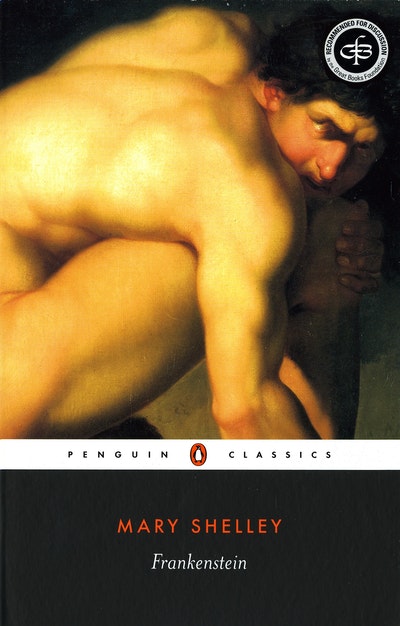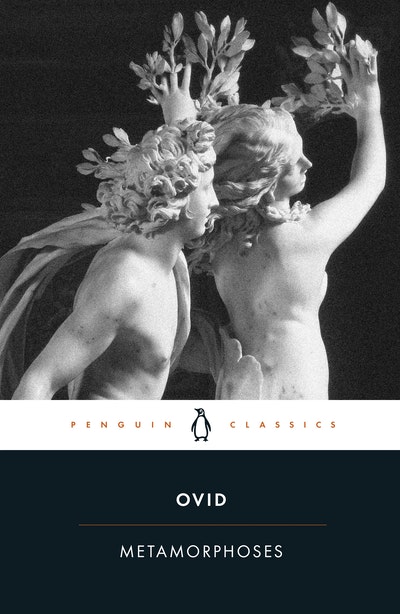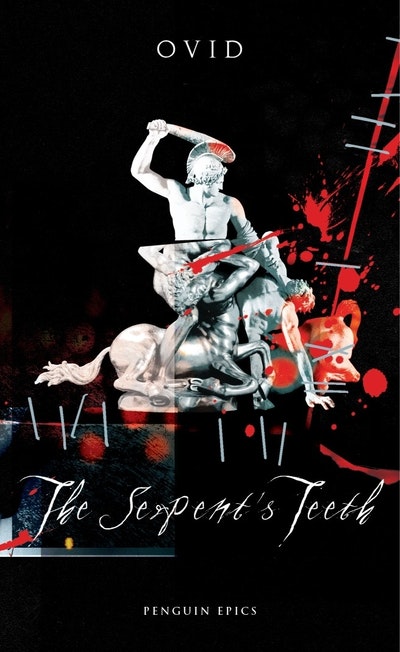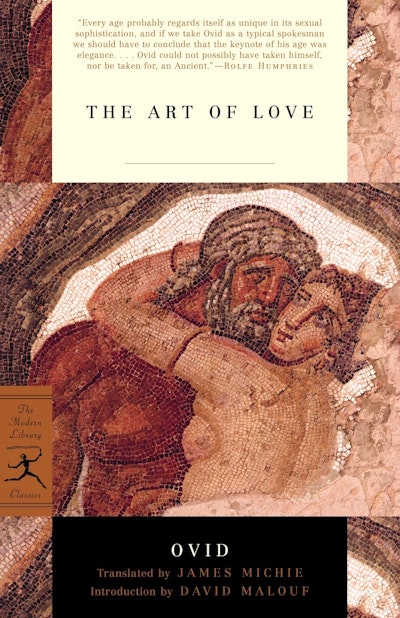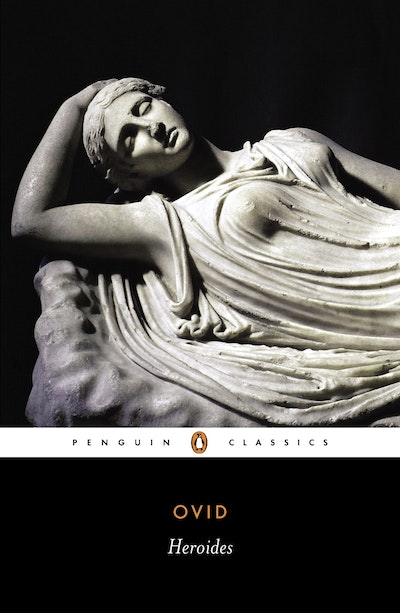- Published: 22 May 2000
- ISBN: 9780141913339
- Imprint: Penguin eBooks
- Format: EBook
- Pages: 432
Fasti
A powerfully influential work which weaves together myth and religion
Written after he had been banished to the Black Sea city of Tomis by Emperor Augustus, the Fasti is Ovid's last major poetic work. Both a calendar of daily rituals and a witty sequence of stories recounted in a variety of styles, it weaves together tales of gods and citizens together to explore Rome's history, religious beliefs and traditions. It may also be read as a subtle but powerful political manifesto which derides Augustus' attempts to control his subjects by imposing his own mythology upon them: after celebrating the emperor as a Jupiter-on-earth, for example, Ovid deliberately juxtaposes a story showing the king of the gods as a savage rapist. Endlessly playful, this is also a work of integrity and courage, and a superb climax to the life of one of Rome's greatest writers.
- Published: 22 May 2000
- ISBN: 9780141913339
- Imprint: Penguin eBooks
- Format: EBook
- Pages: 432


















